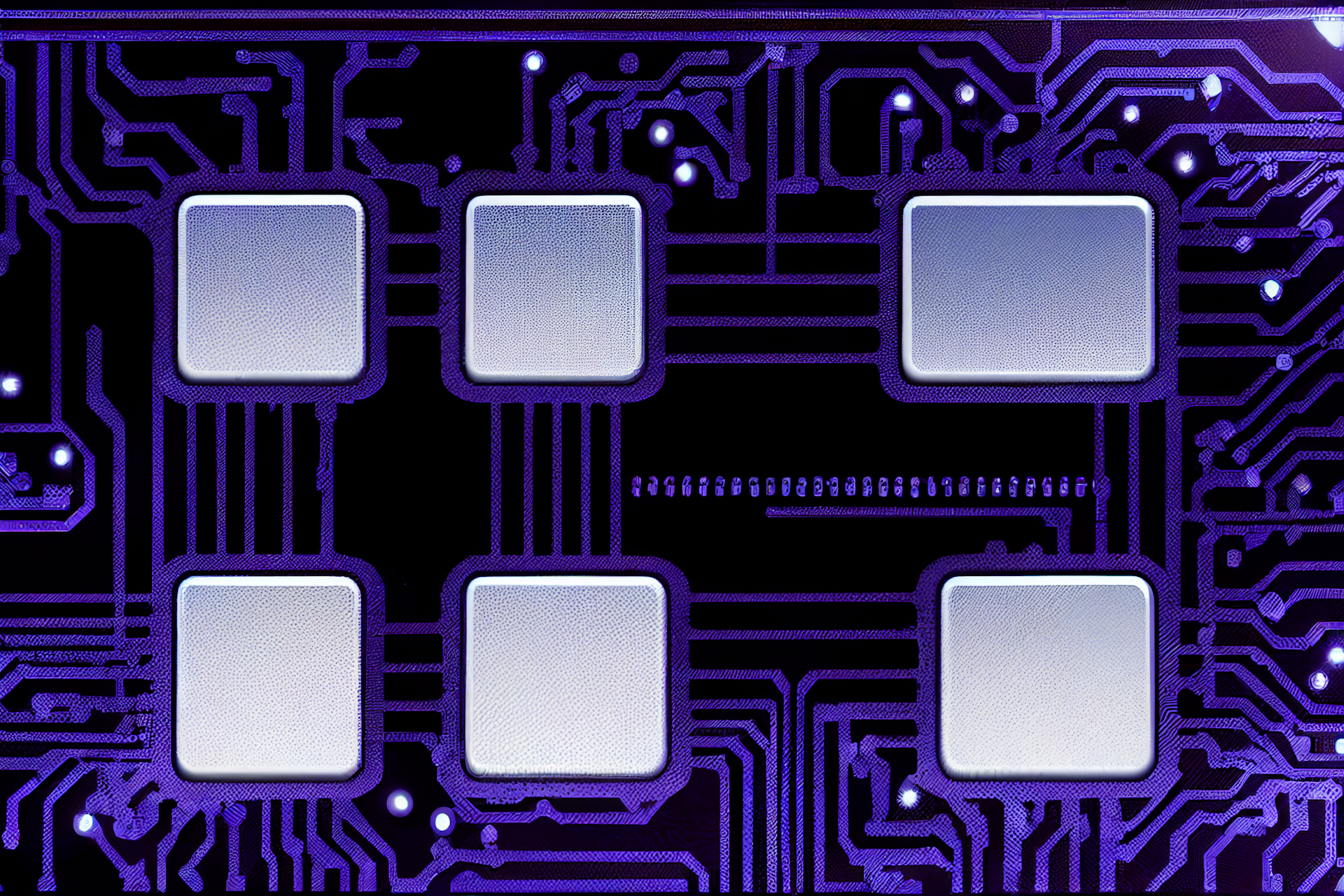The Origins of AI

03.12.2022 , Author: GPTChat
The origins of artificial intelligence (AI) can be traced back to the 1950s, when researchers in the fields of computer science, psychology, and neuroscience began to explore the possibility of creating intelligent machines.
One of the earliest pioneers of AI was Alan Turing, a British mathematician and computer scientist. In 1950, Turing published a paper titled "Computing Machinery and Intelligence" in which he proposed the famous "Turing Test" as a way to measure a machine's ability to exhibit intelligent behavior.
Over the following decades, researchers continued to work on developing AI algorithms and systems that could mimic human intelligence. In 1956, a group of researchers at Dartmouth College organized the first conference on artificial intelligence, which marked the beginning of the field as a formal discipline.
Since then, AI has undergone rapid development and growth, with numerous breakthroughs and innovations in the fields of machine learning, natural language processing, and computer vision. Today, AI is used in a wide range of applications, from virtual assistants and self-driving cars to medical diagnosis and financial trading.
Despite its impressive progress and achievements, AI remains a highly complex and rapidly evolving field. As we continue to explore the possibilities and limitations of artificial intelligence, we must also carefully consider the ethical implications of creating intelligent machines and the potential impact on society.
For more information on the history and development of AI, you can read the following articles: